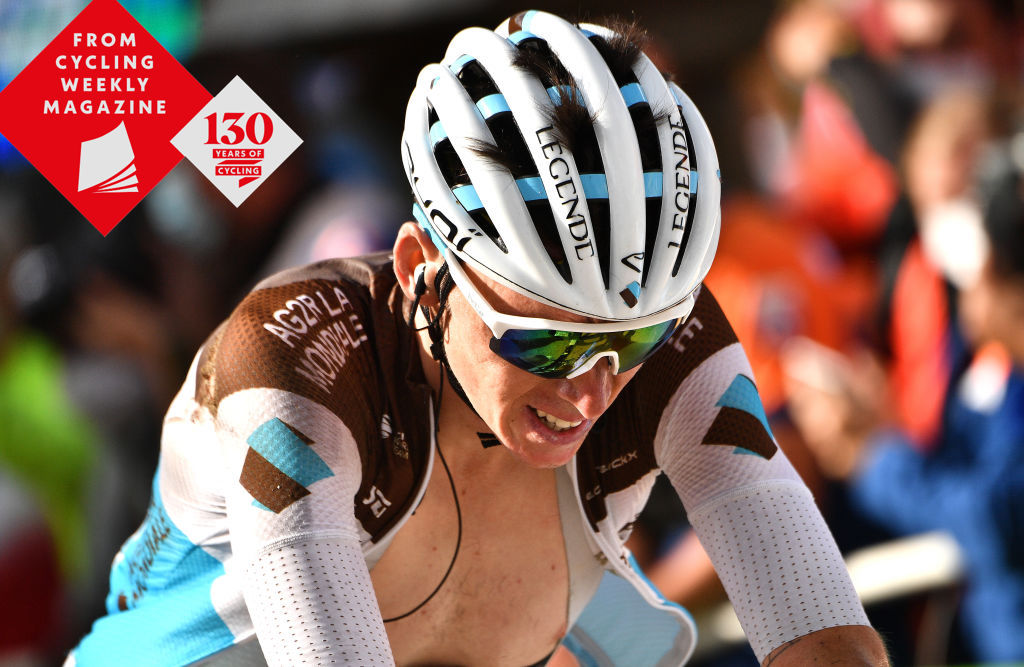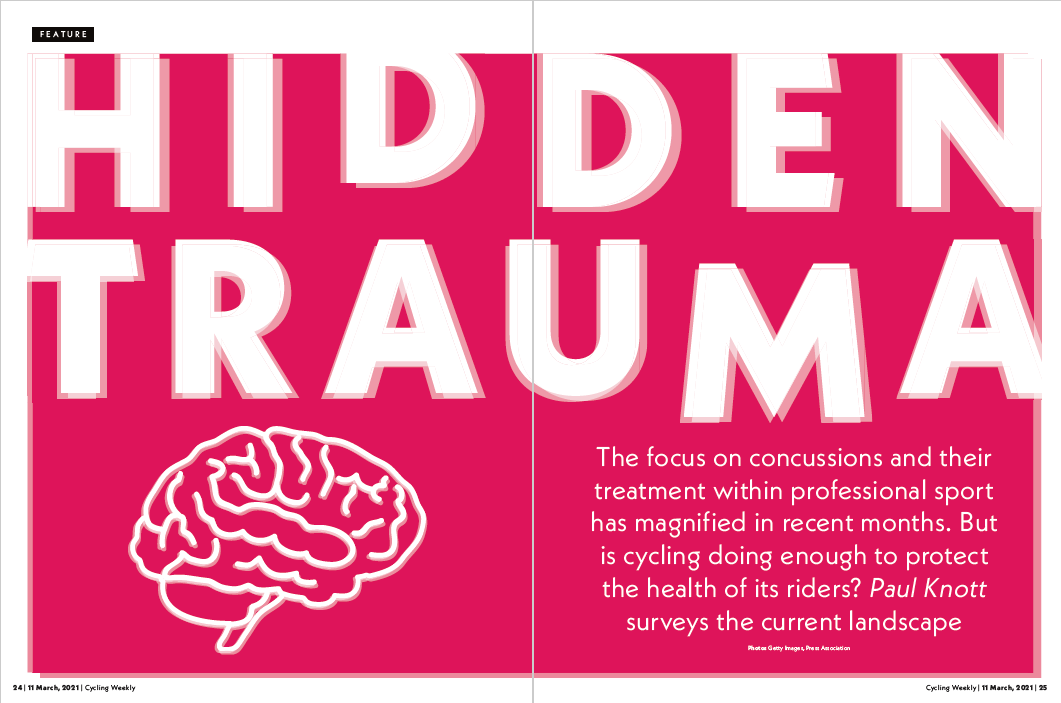Concussion - is enough being done to protect the peloton?

The focus on concussions and its treatment within professional sport has magnified in recent months. But is cycling doing enough to protect the health of its riders? Paul Knott surveyed the current landscape.
For cyclists it is almost a duty to the sport and a point of pride to be seen as tough on two wheels. Quite often you will hear phrases like “don’t show them you are in pain” or “get straight back on the bike” as part of the lexicon of group rides, race commentary or in the wider media after a crash. These attitudes are often applauded by onlookers as a badge of honour for pushing through the pain barrier all in the name of competition.
Most of the time following that sentiment will only have minor knock-on effects but when it comes to concussions and head injuries the implications can be far more serious.
>>> Subscribe to Cycling Weekly magazine and get your weekly fix of pro racing
Tom Skujinš’s crash at the 2017 Tour of California whilst riding for Cannondale-Drapac showed just how the hardman mantra can affect rider’s attitudes towards injuries so much so that Skujinš didn’t realise until 20 minutes after he crashed and suffered a concussion that he had also broken his collarbone.
“It’s definitely one crash that stands out,” Skujinš recalls. “There were a lot of circumstances that definitely didn't help for a quick resolution. The race had been split up, there were no team cars anywhere and the only footage that was out there was on the TV. At the same time, that area is pretty bad with cell service, so it's not like you could really let anyone know.”
There has been a growing awareness of concussion in other sports (see box) and last week in the UK the Parliamentary committee on Culture Media and Sport launched an inquiry into the handling of concussions at both pro and grass roots level. It all begs the question is cycling doing enough to protect its riders?
The latest race content, interviews, features, reviews and expert buying guides, direct to your inbox!

One of the biggest challenges cycling faces when concussions occur is race or team doctors usually reach the rider many minutes after the initial incident. As Skujinš points out, in last year’s Tour de France Romain Bardet finished a stage concussed, but didn’t line up the following day once he had been properly assessed.
Once a team or race doctor reaches a rider, ensuring a reliable concussion test is carried out can also be pretty hard to achieve, explains Team DSM’s physician Anko Boelens,
“There are race doctors in the race, and they play an important role because team doctors are quite often not in the race cars. What makes it hard, is that an examination takes time and the race continues. So that rider automatically will lose time, or lose contact with the race entirely, if he or she is being evaluated.”
Read the rest of this feature in the March 11 issue of Cycling Weekly magazine. You can subscribe for £28.99 for 12 issues and get the magazine delivered to your door each week. You can also order single issues online if you can't get to the shops. It' also available via Apple Newsstand.
Paul Knott is a fitness and features writer, who has also presented Cycling Weekly videos as well as contributing to the print magazine as well as online articles. In 2020 he published his first book, The Official Tour de France Road Cycling Training Guide (Welbeck), a guide designed to help readers improve their cycling performance via cherrypicking from the strategies adopted by the pros.